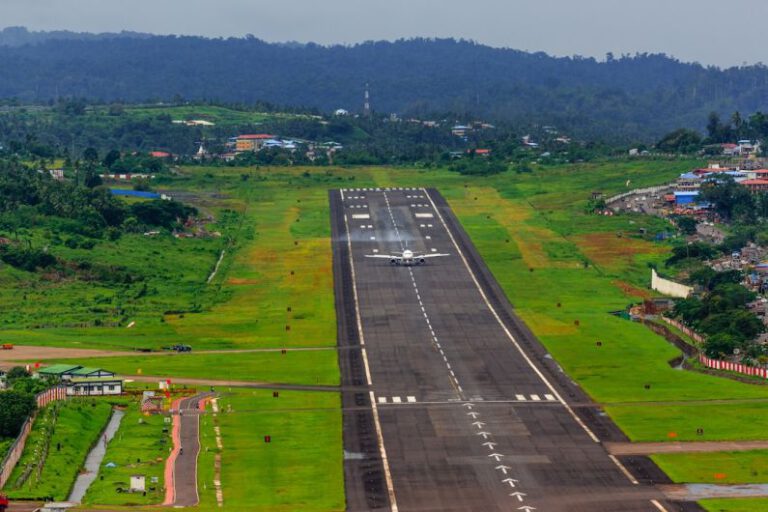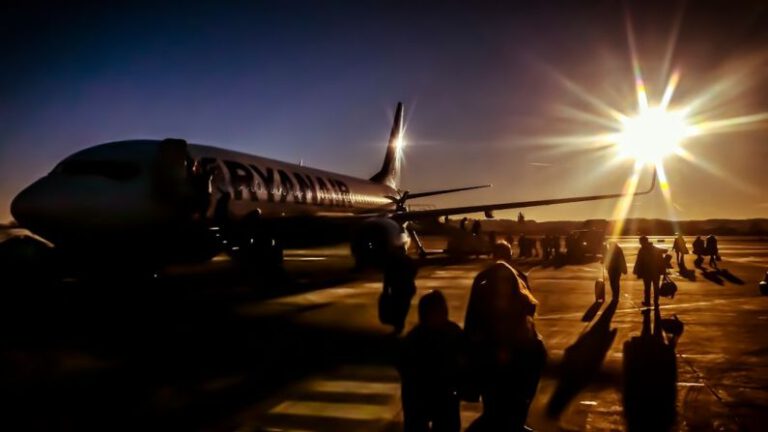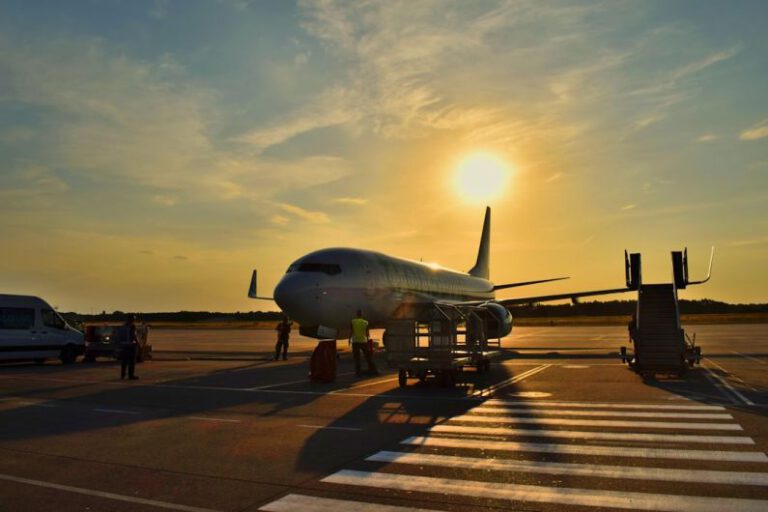Airports of Tomorrow: Incorporating Ai for Enhanced Passenger Experience
The future of air travel is being shaped by rapid advancements in technology, with artificial intelligence (AI) playing a pivotal role in transforming the passenger experience. From check-in to boarding and beyond, airports are integrating AI solutions to streamline operations, enhance security, and provide personalized services to travelers. As we look ahead to the airports of tomorrow, it becomes evident that AI will be at the forefront of creating a seamless and efficient journey for passengers.
Revolutionizing Check-In Processes
One area where AI is making a significant impact is in the check-in process. Traditionally, travelers had to wait in long queues to check in for their flights, leading to frustration and delays. However, with AI-powered solutions, airports can now offer self-service kiosks that allow passengers to check in quickly and efficiently. These kiosks use facial recognition technology to verify travelers’ identities, reducing the need for manual checks and speeding up the process. By automating check-in procedures, airports can enhance the overall passenger experience and minimize wait times.
Enhancing Security Measures
Security is a top priority for airports, and AI is being leveraged to enhance existing security measures. One way in which AI is being used is through facial recognition technology, which can help identify potential threats and enhance the screening process. By analyzing passenger biometrics, AI systems can quickly identify individuals on watch lists and alert security personnel, allowing for a more targeted and efficient approach to security screening. Additionally, AI-powered security cameras can monitor airport premises in real time, detecting suspicious behavior and enhancing overall safety for passengers and staff.
Personalizing Passenger Services
In the airports of tomorrow, personalized services will be a key differentiator in providing an exceptional passenger experience. AI technologies can analyze data on passengers’ preferences and behaviors to offer tailored services and recommendations. For example, AI-powered chatbots can assist travelers with flight information, gate changes, and baggage tracking, providing real-time assistance and support throughout their journey. Additionally, AI can be used to customize retail and dining options based on passengers’ preferences, creating a more personalized and enjoyable airport experience.
Improving Operational Efficiency
AI is also being used to optimize airport operations and improve efficiency. By analyzing data on passenger traffic patterns, flight schedules, and resource allocation, AI systems can help airports better manage their resources and streamline processes. For example, AI algorithms can predict peak travel times and adjust staffing levels accordingly, reducing wait times and enhancing the overall passenger experience. Additionally, AI-powered maintenance systems can monitor airport infrastructure in real time, detecting issues before they escalate and minimizing downtime.
Creating a Seamless Journey
As airports continue to incorporate AI technologies, the vision of a seamless and stress-free journey for passengers is becoming a reality. From automated check-in procedures to personalized services and enhanced security measures, AI is revolutionizing the way we travel. By leveraging the power of AI, airports can provide a more efficient, secure, and enjoyable experience for passengers, setting the stage for the airports of tomorrow.
In Conclusion
The integration of AI technologies in airports is transforming the passenger experience, offering a glimpse into the airports of tomorrow. By revolutionizing check-in processes, enhancing security measures, personalizing services, and improving operational efficiency, AI is reshaping the way we travel. As airports continue to innovate and adopt AI solutions, passengers can look forward to a more seamless and enjoyable journey, setting new standards for the future of air travel.






